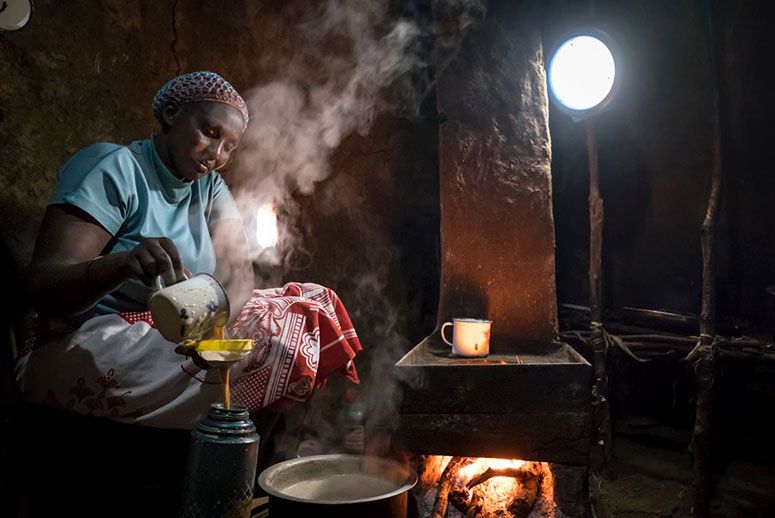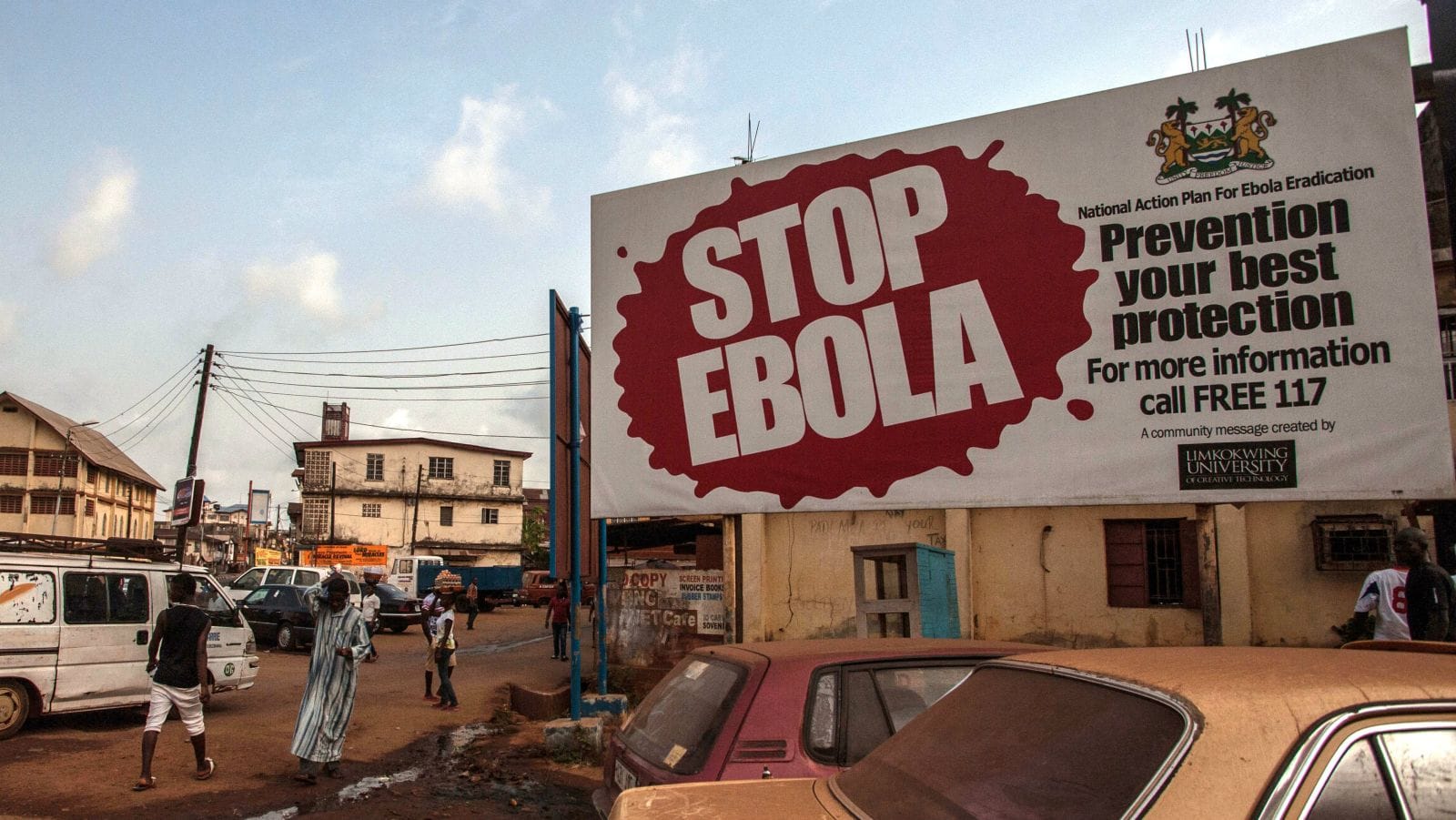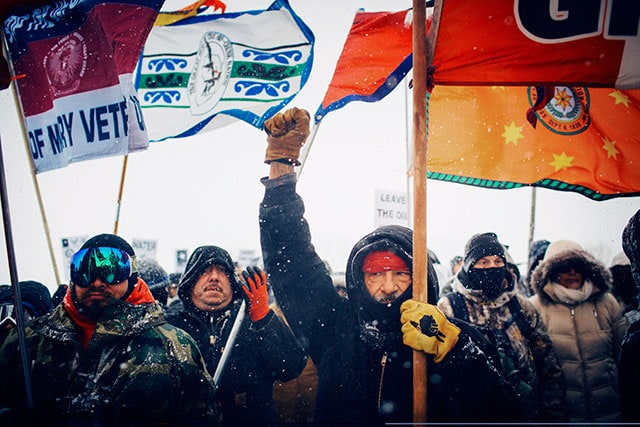Tuesday, December 27th, 2016
James Rowen, - Urban Milwaukee
Stephan: Republican governor Scott Walker is a self-promoting amoral ideologue in my opinion. He is also the elected governor of the State of Wisconsin; the people of Wisconsin chose this man to lead them, not once but twice. That's the important point. The world is filled with creeps, why was a man like this chosen to lead a formerly socially progressive state. If we don't ask the right questions we can't get the right answers.

Credit: State of Wisconsin
Climate change censors driven by science denial and obeisance to polluters these days at the GOP-managed, Scott Walker-redefined “chamber of commerce mentality” Wisconsin Department of Natural Resources are at it again.
Not content with having already stripped content and links from an agency webpage about climate change – – deletions I documented some years ago and which I have frequently referenced – – the ideologues intent on scrubbing science off these pages and sowing doubt and confusion about the consensus view of experts worldwide about climate change have edited, deleted and otherwise compressed information in order to whitewash long-standing concepts and facts off a climate change page about the Great Lakes – – the same way, I will add, that Walker edited and watered-down the Wisconsin Idea, which has for decades had been the University system’s historic mission statement.
It’s a continuation of Walker’s deliberate destruction of the DNR – – which we also learned he is considering completely breaking apart to further hamstring […]
No Comments
Tuesday, December 27th, 2016
Stephan: I keep saying that policies and programs that put fostering wellbeing first always have better social outcome data, and often have unintended or unanticipated consequences that make things even better than was originally planned. Here's another example of this, and another proof of the Theorem of Wellbeing. Why do you think we can't seem to learn this lesson in the United States, other nations can do it, why can't we?

African women benefit for having light to work by at night.
Credit: Energy4Impact/Facebook
Elizabeth Julius worked sunrise to sunset to make ends meet as a seamstress. Supporting her husband and two kids in a village in Tanzania, Julius was forced to put down her needle and thread each day once darkness fell.
That all changed three years ago when she was introduced to Energy 4 Impact, a London-based organization that works in Africa to ensure energy access and foster entrepreneurship for impoverished women.
With guidance from Energy 4 Impact, Julius took out a $500 bank loan and purchased a lamplight. But that was only the beginning.
“Solar energy has entirely changed my life,” Julius, 29, told the Thomson Reuters Foundation. “I use it at work and at home, yet it doesn’t cost me anything.”
Now able to continue working past daylight hours and increase her income, Julius went one step further and took out a loan to expand her tailoring business. Today, she operates a barbershop, mobile phone charging facility, and general store—all powered with […]
2 Comments
Monday, December 26th, 2016
Stephan: Here is some very good news, about a very nasty disease.

Ebola billboard in Africa Credit: AP/Aurelie Marrier d’Unienville
The next time Ebola strikes, Africa, and everywhere else, will be better prepared.
Findings from tests of rVSV-ZEBOV, a trial vaccine, show a 100% protection rate with thousands of people tested in Guinea all confirmed as virus-free within 10 days. The World Health Organization, which led the trial, says the vaccine could be available for mass use by 2018.
To meet that timeline, the regulatory approval process for the vaccine is being fast-tracked. In the meantime, backed by GAVI, a global vaccine alliance, pharmaceutical giants Merck have made 300,000 doses of the vaccine available in the event of an outbreak.
The possibility of an Ebola vaccine is a major leap for Africans at risk of the disease following a devastating outbreak mainly in three West African countries which started in 2014. Though now controlled, World Bank estimates put the cost of the outbreak’s economic impact at more than $3 billion in Guinea, Sierra Leone and Liberia—the worst affected countries.
2 Comments
Monday, December 26th, 2016
Ari Paul, truthout - truthout/Yes! Magazine
Stephan: Here is some interesting good news, that is an example of what citizen action and consensus can accomplish. Never doubt that the strongest social force in the world is the shared collective intention of ordinary people.

Standing Rock demonstration
Over the past few months activists opposed to the Dakota Access pipeline have ramped up pressure on the pipeline company’s financiers, and now the city of Seattle is showing what kind of weight a large municipality can add as it looks at taking $3 billion in city business away from Wells Fargo.
Wells Fargo is one of 38 banks offering financial support to the pipeline and its parent companies, according to research by Food & Water Watch, but it’s one of only 17 banks that have directly financed the pipeline construction by Dakota Access LLC. And one of only seven banks financing all of them with significant lines of credit offered to parent companies Energy Transfer Partners, Energy Transfer Equity, and Sunoco Logistics.
Seattle City Council member Kshama Sawant introduced legislation that would end the city’s contract with Wells Fargo, which handles $3 billion worth of city government business, including employee payroll. It was unanimously approved to go to a full vote in January. Wells Fargo’s contract with the city has another year to go, […]
1 Comment
Monday, December 26th, 2016
Kamel Daoud, Columnist for Quotidien d’Oran - The New York Times
Stephan: When I read about the Islamic world I almost never see anything mentioned about what two years of living in the Middle East convinced me is one of the major social trends that shape Muslim societies: the extreme sexual dysfunction that defines these cultures.
Fundamentalist religiosity whether Christian, Jewish, Muslim, or Buddhist always has three characteristics: 1) Deep and profound sexual dysfunction and gender distortion; 2) a sense of self-righteous superiority; and, 3) a sense of persecution and grievance.
It is my view that what brought on the Arab Spring uprisings was initially the disruption created by the Neocon ignorance that led to the invasion of Iraq. But what fueled it was the internet, movies, and television. For the first time young people, particularly women, could see that the rest of the world did not live in the sexual and gender misery that haunts the Arab world and makes creative expression, and originality of action almost impossible. This essay is one of the rare assessments of that reality, written by someone who comes from that world.
 ORAN, Algeria — After Tahrir came Cologne. After the square came sex. The Arab revolutions of 2011 aroused enthusiasm at first, but passions have since waned. Those movements have come to look imperfect, even ugly: For one thing, they have failed to touch ideas, culture, religion or social norms, especially the norms relating to sex. Revolution doesn’t mean modernity.
ORAN, Algeria — After Tahrir came Cologne. After the square came sex. The Arab revolutions of 2011 aroused enthusiasm at first, but passions have since waned. Those movements have come to look imperfect, even ugly: For one thing, they have failed to touch ideas, culture, religion or social norms, especially the norms relating to sex. Revolution doesn’t mean modernity.
The attacks on Western women by Arab migrants in Cologne, Germany, on New Year’s Eve evoked the harassment of women in Tahrir Square itself during the heady days of the Egyptian revolution. The reminder has led people in the West to realize that one of the great miseries plaguing much of the so-called Arab world, and the Muslim world more generally, is its sick relationship with women. In some places, women are veiled, stoned and killed; at a minimum, they are blamed for sowing disorder in the ideal society. In response, some European countries have taken to producing guides of good conduct to refugees and migrants.
Sex is a complex taboo, arising, in places […]
1 Comment





 ORAN, Algeria — After Tahrir came Cologne. After the square came sex. The Arab revolutions of 2011 aroused enthusiasm at first, but passions have since waned. Those movements have come to look imperfect, even ugly: For one thing, they have failed to touch ideas, culture, religion or social norms, especially the norms relating to sex. Revolution doesn’t mean modernity.
ORAN, Algeria — After Tahrir came Cologne. After the square came sex. The Arab revolutions of 2011 aroused enthusiasm at first, but passions have since waned. Those movements have come to look imperfect, even ugly: For one thing, they have failed to touch ideas, culture, religion or social norms, especially the norms relating to sex. Revolution doesn’t mean modernity.








